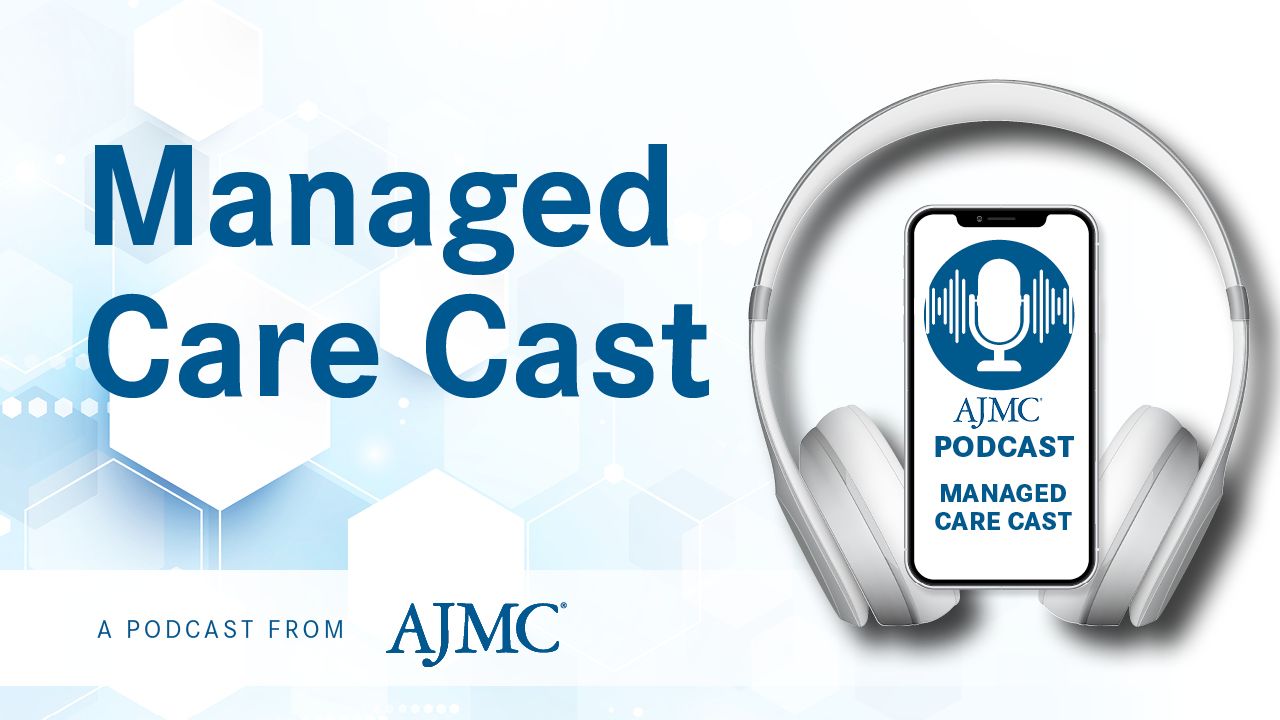Commentary
Video
Jeff McIntyre: How Managed Care Professionals Can Prevent Delayed NASH Diagnoses
Author(s):
Jeff McIntyre, MA, of the Global Liver Institute, discussed how the delayed diagnosis of nonalcoholic steatohepatitis (NASH) affects patients and how health care and managed care professionals can help expedite diagnosis and treatment.
Jeff McIntyre, MA, of the Global Liver Institute (GLI), discussed how delayed diagnosis, or underdiagnosis, of non-alcoholic steatohepatitis (NASH) affects patients and explained how both health care and managed care professionals can help prevent it.
At the Global Liver Institute, McIntyre is the vice president of liver health programs. Within this position, he supervises GLI's liver health program portfolio, including NASH and liver cancer. To address disparities in screening and treatment globally, McIntyre works with program directors to identify patient engagement opportunities across all pathways, including drug development, regulatory input, and educational opportunities.
Transcript
How does the delayed or underdiagnosis of NASH affect patient outcomes? What strategies can health care professionals and managed care organizations use to expedite diagnosis and treatment?
It's really significant because most of the symptoms for fatty liver disease, and even early-stage NASH, are what they refer to as silent, or, at the very least, they're obscured by other disease conditions, as well.
Patients may have a feeling of fatigue or a little bit of nausea of some sort. Until they actually get a liver stiffness test or some sort of non-invasive blood tests done, it's difficult to tell whether they actually have liver disease or not. Quite often, NASH is not diagnosed until it's very, very advanced. At that point, patients are looking at some difficult choices to make with their management.
I think for managed care organizations, and folks in the managed care space, what's most important is that the resolution for NASH is ultimately going to be a multi-pharmacy approach. While you are treating diabetes, or high cholesterol, or any other variety of conditions that a patient may have, make sure that the liver tests are run or that any of the other medications they may need for fatty liver disease are also in play.





